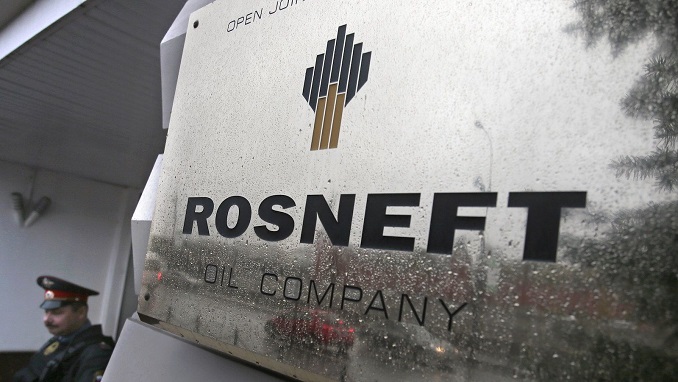British oil giant BP embarks on a major strategy overhaul to prop up its dividend payouts and tackle climate change concerns and faces mounting pressure to sell its $15 billion stake in Russian energy giant Rosneft, This is Money reports.
On Tuesday, BP is expected to reveal that profits fell by a quarter last year, from $12.7 billion to $9.5 billion. On the same day, chief executive Bob Dudley will step down after a decade in charge to be replaced by Bernard Looney.
A week later, the new boss – who last month launched an official Instagram account emphasizing BP’s role in the ‘energy transition’ – is expected to announce one of the biggest shake-ups in the company’s 111-year history.
The details have been drawn up in secret, but are believed to center on the transition towards a low-carbon future. The FTSE 100 giant is battling rising concern about climate change from investors such as the Church of England, which last week blacklisted BP from its $3.68 billion pension fund.
Sources said selling its 19.75 percent stake in Rosneft was one of the most practical ways BP could keep paying dividends while turning more climate-friendly.
BP is the third-highest dividend-payer in the FTSE 100 – after Royal Dutch Shell and HSBC – handing out £6.3 billion last year at a yield of around 6 percent.
Biraj Borkhataria, an analyst at RBC Capital Markets, said: “If BP wanted to make a credible push away from oil and towards gas, divesting the Rosneft stake would be one of the obvious solutions.”
Barclays analyst Lydia Rainforth added that Rosneft “should have no role in the BP portfolio going forward”. Analysts said carbon-intensive assets such as BP’s oil and gas fields in Angola and Canada could also be put up for sale.
Irene Himona, an oil analyst at Societe Generale, said: “BP needs to decarbonize in a way that avoids value destruction and maintains the dividend.”












